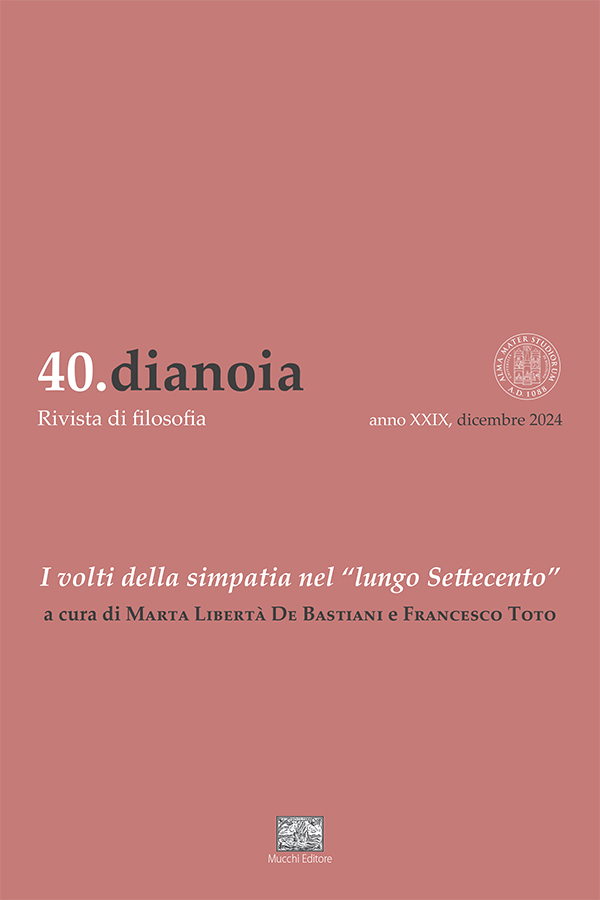The first treatises on acting published in France in the 18th century offer a unique perspective for analysing the notion of sympathy. Although the word “sympathie” was not used in France to mean empathy, and compassion is only a partial aspect of it, these treatises explore how the art of acting intersects with the theory of passions and the realm of human emotions, and thoroughly examine whether actors must truly share the feelings of the characters they portray to evoke those same feelings in their audiences. By studying the shift from the emotionalist theories of Luigi Riccoboni and Pierre Rémond de Sainte-Albine to the anti-emotionalist theories of François Riccoboni and Diderot, a new principle seems to emerge: the transmission of passions may rely not only on the sharing of a true emotion (whether negative or positive, pity or sympathy), but also on the mere observation by the audience of the physical effects of an emotion not actually experienced by the actor. Applied to real life, this principle suggests a theory of emotional transmission in which the feelings that move us are not necessarily deeply felt by the person displaying them but are effectively communicated through their visible physical effects.
Keywords: Luigi Riccoboni, François Riccoboni, Diderot, Simpathy, Theories of Acting.

